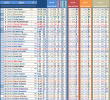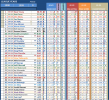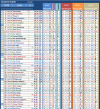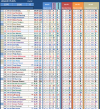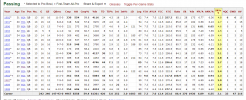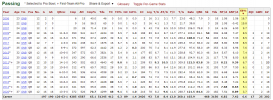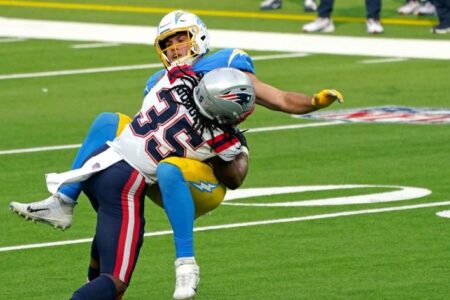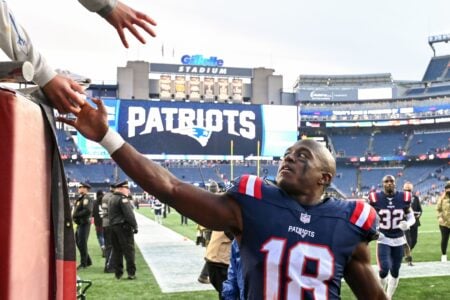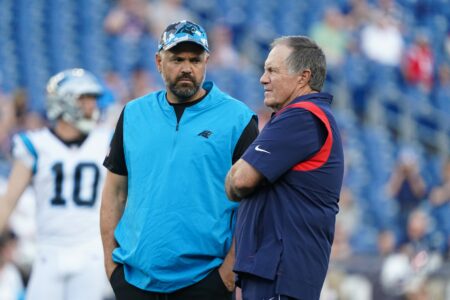- Joined
- Apr 3, 2006
- Messages
- 26,100
- Reaction score
- 52,114
I love watching the old videos of Baugh and Luckman. Two very different styles. Baugh is tall and skinny, holds the ball above his head; Luckman is shorter and a much lower center of gravity.
Baugh is often credited with establishing "the forward pass" but that's a historical inaccuracy. The passing game was much more mature in 1937 than football pundits give it credit for. This is where I think these descriptions become somewhat backhanded compliments, like he entered a league of cavemen who only knew how to smash into a wall of people. What I think he's responsible for is:
-Just being flat out better than the rest of them. His records are pretty similar to Steve Young; highest rated passer, lowest INT %, most points scored, etc., and often by a pretty big margin, besides Luckman.
-Creating a strategy based around the passing game, and in particular, using the short and intermediate passes to drive down the field. The idea that putting together these drives started with Unitas is another off-base, oft-repeated pop culture myth. Baugh had a fantastic arm but he is the first quarterback to "pick apart" defenses.
-The 1937 NFL Championship game is, I think, a big turning point for quarterbacks. 18/33, 335 yards, 3 TDs, 1 INT.
Baugh is often credited with establishing "the forward pass" but that's a historical inaccuracy. The passing game was much more mature in 1937 than football pundits give it credit for. This is where I think these descriptions become somewhat backhanded compliments, like he entered a league of cavemen who only knew how to smash into a wall of people. What I think he's responsible for is:
-Just being flat out better than the rest of them. His records are pretty similar to Steve Young; highest rated passer, lowest INT %, most points scored, etc., and often by a pretty big margin, besides Luckman.
-Creating a strategy based around the passing game, and in particular, using the short and intermediate passes to drive down the field. The idea that putting together these drives started with Unitas is another off-base, oft-repeated pop culture myth. Baugh had a fantastic arm but he is the first quarterback to "pick apart" defenses.
-The 1937 NFL Championship game is, I think, a big turning point for quarterbacks. 18/33, 335 yards, 3 TDs, 1 INT.





